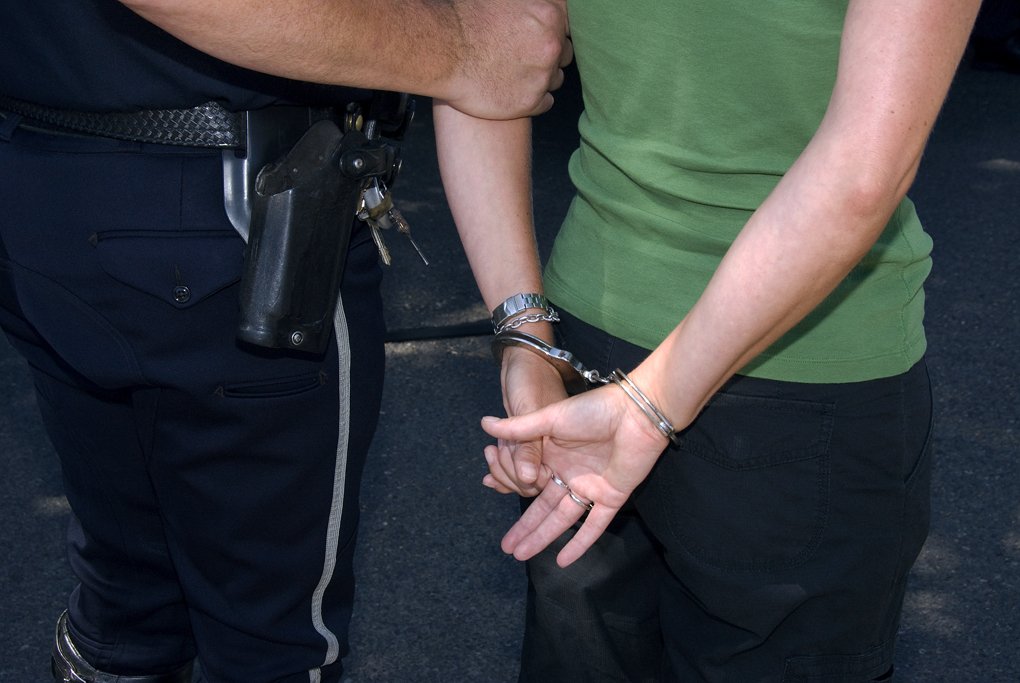Getting arrested can be a frightening and confusing experience, and whether it’s your first time or not, it’s easy to make quick decisions in the heat of the moment that could seriously harm your legal defense. Many people unknowingly make choices that complicate their cases, even before they ever speak to a lawyer. In this blog, we’ll walk you through some of the most common mistakes people make after getting arrested in Florida, how those missteps can negatively impact your case, and what you should do instead. If you’re in or near Fort Pierce and facing criminal charges, understanding your rights and the legal process is the crucial first step toward protecting your future.

Experienced Criminal Defense Lawyer
📞 (772) 828-1143
📧 info@jordizaragoza.com
📍 130 S Indian River Dr, Suite 202, Office 218, Fort Pierce, FL 34950
1. Talking to the Police Without a Lawyer
This is by far the most common and dangerous mistake. Law enforcement officers are trained to get people talking—and anything you say can be used against you. Even if you think you’re helping your case or explaining what happened, you may be giving the prosecution evidence they wouldn’t otherwise have.
2. Consenting to Searches Without a Warrant
Police might ask to search your car, home, or belongings without a warrant. They may make it seem like you don’t have a choice. But unless they have probable cause or a signed warrant, you are within your rights to refuse.
Why this matters:
When you give consent, you give up your right to challenge the search later, even if it turns up evidence that would have otherwise been inadmissible.
What to do instead:
Calmly state,
“I do not consent to any searches.”
3. Posting on Social Media About Your Arrest
In today’s world, it’s natural to vent or share experiences online—but doing so after an arrest can seriously backfire. Prosecutors often review social media profiles for anything they can use against you. Even a joke or out-of-context comment could be misunderstood.
What to do instead:
Stay completely off social media. Avoid discussing your arrest, your charges, or anything remotely related to your case.
4. Trying to Handle the Case Alone
Some people think they can “talk their way out” of charges or represent themselves in court. Others assume that hiring a lawyer makes them “look guilty.” But in criminal law, having an experienced defense lawyer isn’t just smart—it’s essential.
Criminal defense is complex. Even a minor misstep in paperwork or courtroom procedure can seriously damage your case. A knowledgeable attorney can often negotiate reduced charges, protect your rights, and develop strategies you wouldn’t think of on your own.
5. Failing to Understand the Charges
Not fully understanding what you’re charged with can lead to poor decisions, like taking a plea deal too quickly or missing deadlines. Each criminal charge in Florida carries specific penalties, and some might have long-term consequences for your job, your license, or your immigration status.
What to do instead:
Have your attorney explain the charges, what they mean, and what your options are. Ask questions. Be involved in your defense.
6. Missing Court Dates
Failing to show up to a court hearing is a serious offense. It can result in an arrest warrant, more charges, or increased bail. Even if it was a genuine mistake, judges may not be forgiving.
Tip:
Keep a calendar, set reminders, and stay in close contact with your lawyer to make sure you never miss a required appearance.
7. Speaking About the Case to Friends or Family
You might think you’re safe discussing the situation with someone you trust, but even friends and family could be subpoenaed to testify. Anything you say—no matter how private—might end up being used in court.
What to do instead:
Only discuss your case with your criminal defense lawyer. That communication is protected by attorney-client privilege.
8. Waiting Too Long to Hire a Lawyer
Time is critical after an arrest. The earlier you involve a criminal defense attorney, the better your chances of building a strong defense. Evidence can be lost, witnesses may disappear, and deadlines come up fast.
What a Criminal Defense Lawyer Does for You
A qualified criminal defense attorney in Florida—especially someone familiar with the local Fort Pierce courts—can provide more than just courtroom representation. Here’s how they help:
- Analyze the Evidence: Find weaknesses in the prosecution’s case.
- File Motions: Suppress illegally obtained evidence, reduce charges, or even dismiss the case.
- Negotiate Plea Deals: Work with prosecutors to find alternatives to jail time.
- Prepare for Trial: Build a defense strategy tailored to your specific situation.
- Protect Your Rights: Ensure due process is followed and you’re treated fairly.
Why Local Experience Matters
Each county in Florida handles criminal cases slightly differently. If you’re facing charges in Fort Pierce or surrounding areas, having a defense lawyer familiar with St. Lucie County court procedures and local prosecutors can give you an edge.
Need Help? You Don’t Have to Navigate This Alone
If you or a loved one has been arrested, it’s time to take the situation seriously and avoid the mistakes that could make things worse.

Experienced Criminal Defense Lawyer
📞 (772) 828-1143
📧 info@jordizaragoza.com
📍 130 S Indian River Dr, Suite 202, Office 218, Fort Pierce, FL 34950
The sooner you speak with an attorney, the better your chances of moving forward with a plan that protects your future.
Closing Thoughts
An arrest doesn’t define your future, but how you respond afterward can. Avoiding these common mistakes gives you the best shot at protecting your rights and fighting for a better outcome. Stay calm, stay quiet, and get the legal support you need.
